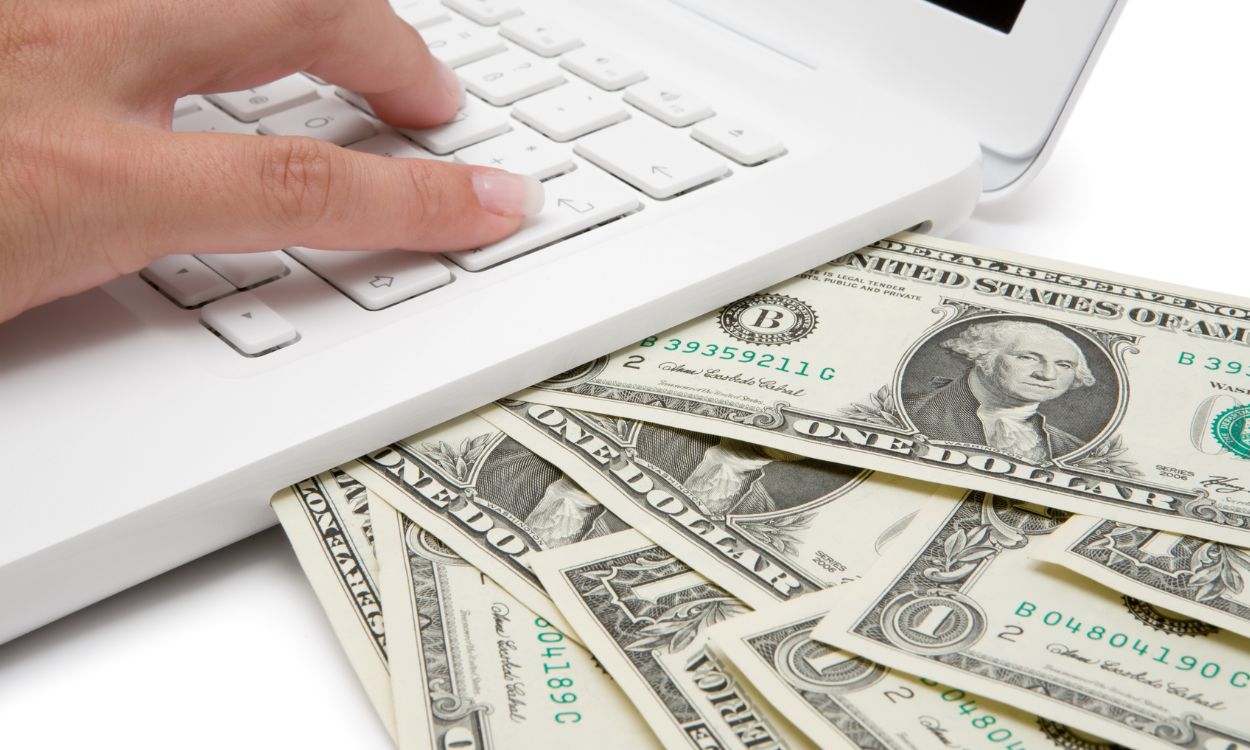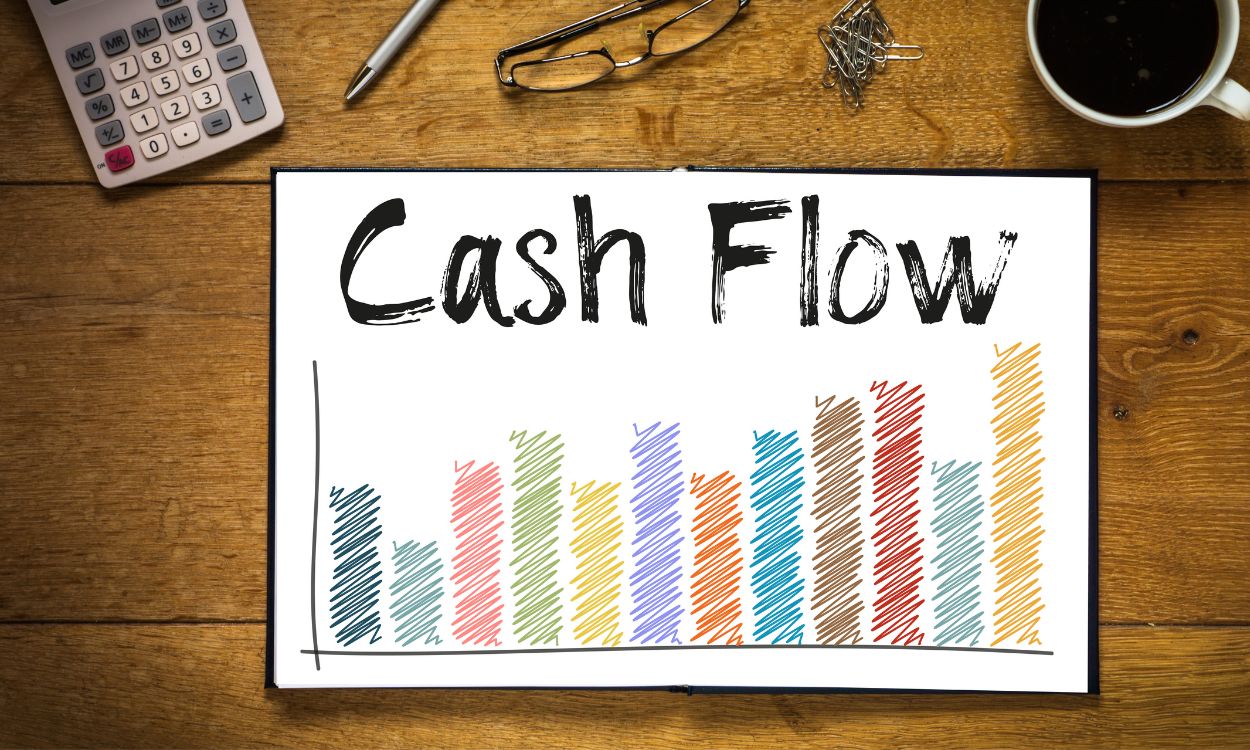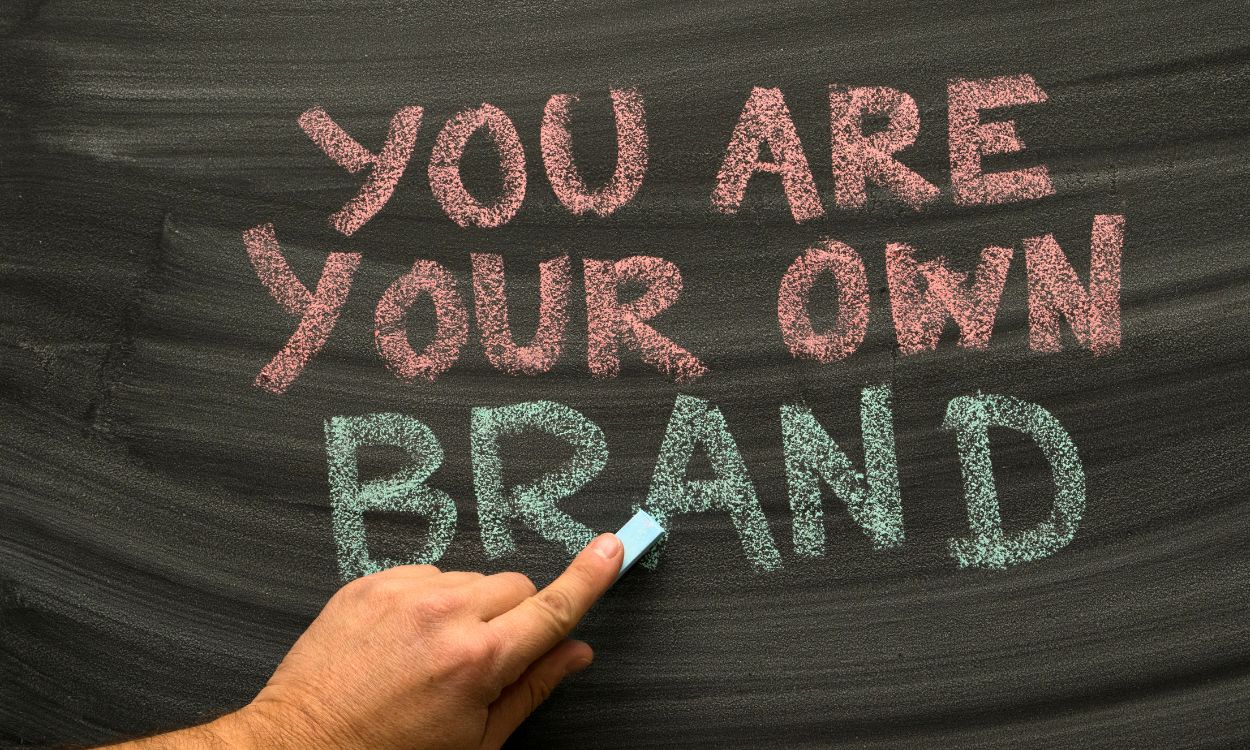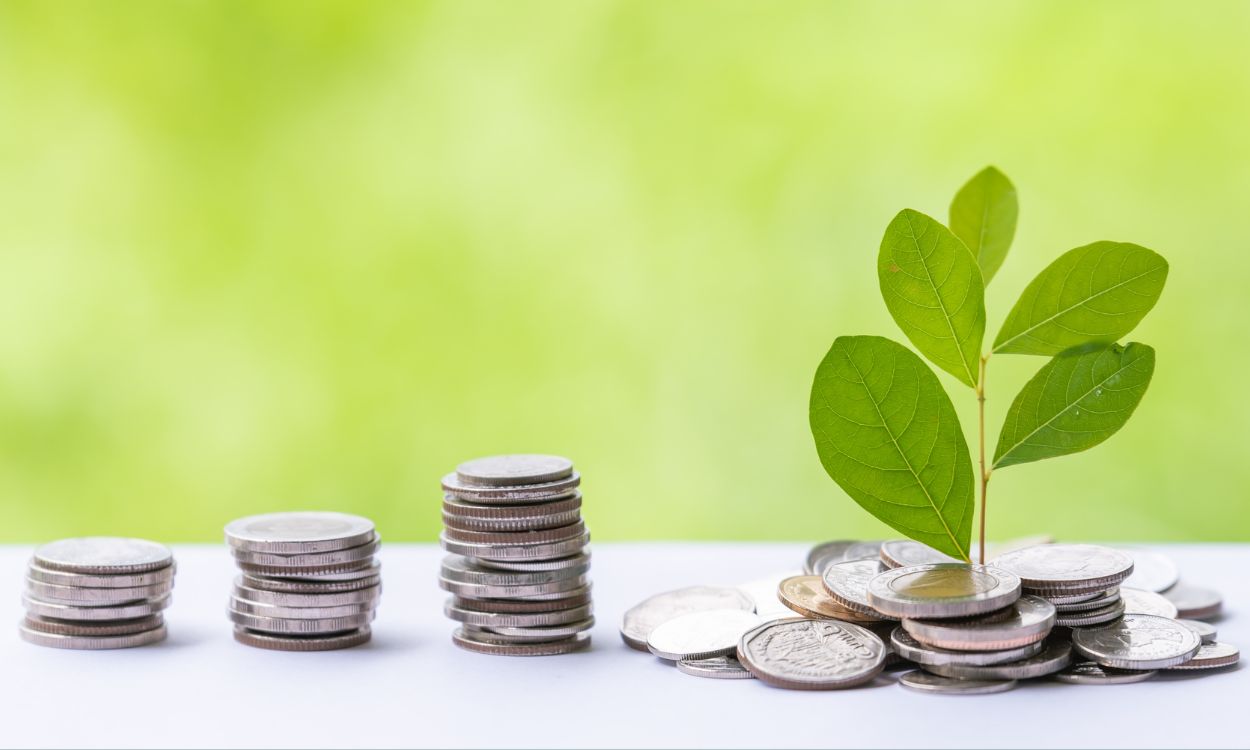In this video, I'm going to discuss the books to read to become rich since they helped me live a better life and manifest my desires. I will be breaking down three things you're not taught in school or growing up that have to do with money, and they're stopping you from making more money and building financial freedom. Check out Life-changing books to read in your 20s and I can assure you these are very helpful in your life transformation.

When I learned this, it changed my entire life and making money is easy now. My wife was in credit card debt, and I was having tough luck getting things going, and I stumbled upon a book called Rich Dad, Poor Dad. You've probably heard of it. The number one personal finance book ever written was written by Robert Kiwasaki. I'm not going to be doing a traditional book summary in this video. What I'm going to be doing is summarizing the three big ideas that changed my life and helped me go from being a college dropout that was barely able to make two thousand dollars a month to becoming a multi-millionaire before I turned 30.
The Cash Flow Quadrant

Maybe the books to read to become rich helped me pave my way to success. The way that I did that was by applying some of the ideas from Rich Dad, Poor Dad. It's pinned to the comments and in the description it's a Free Success Hypnosis to reprogram your subconscious beliefs and subconscious behaviors that are stopping you from making more money. We just started a really cool thing where we give away a thousand dollars to one lucky person that signs up for the free success hypnosis and uses it. Every month we announce a winner for a thousand dollars. So if you haven't yet, go ahead and sign up right there down below for free, and you can start using it to reprogram your mind for financial success without further ado.
So idea number one is the one that most people have probably seen. This is Robert Kiyosaki's famous cash flow quadrant. The reason that this was so life-changing to me is that I was taught to stay here, and likely you've been taught to stay in this quadrant as well. This is E. So E stands for employee, S stands for self-employed, B stands for business; big business, and I stands for investor. Right here we pay the highest taxes. This pays close to the highest taxes. This has the lowest ceiling on income, meaning you're trading your time for money. This is when people become self-employed. This is where I got stuck. I didn't know anything about business when I dropped out of college, and I started my career as an author and built a speaking and marketing business. I had no idea what I was doing. I didn't know I was stuck in the self-employed department. I was limiting my income.
The Books To Read To Become Rich May Help You Have Your Own Product Or Service

So, in step two, I'm going to break down a very important concept that changed my life, where I went from making less than six figures to making over a million dollars a year simply by implementing how to get a hybrid between here and here. Number one is lower taxes. Who doesn't want to pay less in taxes if you can do it legally and help more people in the process with your business or service? If you want to pay less in taxes, you can like this video. The next thing is a higher income ceiling. When you have a business, you have a higher income ceiling because you can provide more value and make more money. When you're self-employed, you have a limit on how much you can make, even if you work hard. So think about it like this: you could have a product or service.
For instance, you could be a massage therapist. You work for thirty dollars an hour. Or you could be a trained massage therapist that also learns about deliverability. If you learn online marketing and you run online ads and you start growing your clientele faster than your ceiling of time, greater than the number of hours of time that you have, then what you do is increase your product or service. How do you do that? Refer to the books to read to become rich and you will have some ideas. You have to serve more people. So let's say you have a patent that is so awesome that it helps people relieve neck tension. That's your thing. So what you do is you take some other massage therapists that are working for 20 an hour and you say you want to make 30 an hour.
The Books To Read To Become Rich Will Give You an Idea How To Create Your Own Money Tree

I have a patented process that I do, and I can give you clients. All of a sudden, you're providing service to clients without being directly involved. You're still doing some of your massage work, but now you're looking at it as an entrepreneur and increasing the product or service delivery to more people. Basically, this is what Massage Envy did: they increased their ability to deliver by building scale so they could have more massage therapists and more clients. They also created a model that allowed them to field more clients, so they created a "money tree." Like I said, this was just going to be a normal book summary, but I'm going to show you how I used these ideas to change my financial life so you can do the same by trying the books to read to become rich.
Big Idea number three is that the rich do not work for money. This is the title chapter in one of the sections of Rich Dad, Poor Dad, and I remember reading, "Well, what the hell do they do then?". So the rich don't work indefinitely for money. is a better way to put it. I talked in the last section about how you're in two businesses; the one that you presently have and the one that you want to be in that has more leverage. So what I did is I started to put together a plan for how to evolve my income to increase my income ceiling by focusing on products, services, and deliverability to get there. I turned everything I was doing into things that gave me more scale.
So, even if there was not very much money at the beginning, I could do these things to divorce myself from directly trading my time for money. She was just doing it to get extra money, but then she realized it was getting so big that she started hiring other cleaners that were in college, and pretty soon she had hundreds and hundreds of people working for her and she had businesses all over the state of Florida. She had a million dollar cleaning business. She built that because she divorced herself from trading her time for money by focusing on a cleaning service and adding more deliverability by focusing on fielding clients and training other people that could provide the service. All of a sudden, she had a multiplication factor in the book.
Break your Fear Barrier

Fastlane millionaire, It's called the law of effect or the law of affection. The more people you affect with a product or service, the more money you will make, and the biggest impediment to that is when you are trading your time for money. When you hear that title, the rich don't work for money, it's easy to think they don't do anything. Like, how the hell do they just do nothing and make more money? I'm over here busting my ass and that shows you two things. Number one, it shows you that working hard alone doesn't bring money, and that's why you have an income ceiling when you're just trading your time for money.
The second thing that he says is that the poor and middle class work for money while the rich have money working for them. So he says the number one way to get past this is to break your fear barrier. My fear barrier was looking at clients because you can't measure what you're going to gain by focusing on what you're losing, and I was losing a little bit of clients. I was losing a little bit of a traditional stream of income. I kept it going just enough where I had money coming in while I built the future one. But you don't understand the quantum leap that comes when you shift your model to not trading your time for money, and you can do this with literally anything, from health to fitness to psychology to cleaning. The list is endless, but it takes moving past the fear.
Make A List Of Additional Sources Of Income
So, in order to successfully complete the process of not working for money, we have to face our fear. So says Robert Kiyosaki in his book, Rich Dad, Poor Dad, and I quote him. It's fear that keeps most people working at their jobs; the fear of not paying bills; the fear of being fired; the fear of not having enough money; and the fear of starting over. That's a big one. That's the price of studying to learn a profession or trade and then working for money. The first thing I did was shift everything I was charging per hour to things that could be purchased indefinitely digitally, and the second thing I did was focus on deliverability because the law of compensation is very clear in Rich Dad, Poor Dad. You are paid in direct proportion to the need for what you do. That's great, good news. Take a deep breath.
There's a need for almost anything, and there are people with seven figure salaries. Fan clubs for Harry Potter. There are people that like cookies. There are people that like paleo. There are people who need help with accounting, people who need help with house cleaning, and people who need help with yard work. There is a need for everything you do. The next thing is how good you are at what you do. The truth is that most people never get better at what they do. That's exactly what happened to me with this YouTube channel. I started coasting and going through the motions. I stopped getting better, and because of that, I lost a lot of subscribers. I told you my own story so you could relate to it.
One thing you could do is take out a piece of paper and make a list of 10 ways you could provide more scale, or more leverage, or make a list of 10 additional sources of income and then reverse engineer how you can provide more scale and more leverage, which will free you from trading your time for money indefinitely. Now take out a pen and paper and let's get to work. So now that you have the strategy, it's time to implement it and then combine it with reprogramming your mind because you've inherited all these crappy belief systems about money, about success, about work, about what you're capable of, and those develop into negative money habits between the beliefs and perceptions and it's stopping you from making more money.

Very good information. Was expecting to hear about more books.